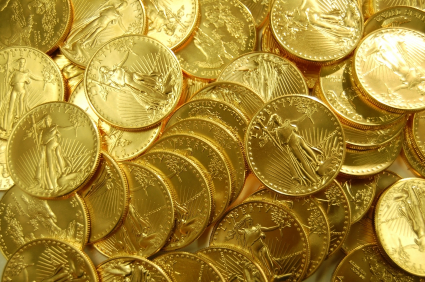“To be or not to be, that is the question;
Whether ’tis nobler in the mind to suffer
The slings and arrows of outrageous fortune,…..”
Hamlet ponders in William Shakespeare’s Hamlet, Prince of Denmark.
Well that may not be question that modern day Shakespeare would have had Hamlet to contemplate. He would rather have him philosophize on the merits of investing in stocks using either of the two approaches: Fundamental or Technical analysis of stocks in the investing public’s search for outrageous fortune.
I am sure Hamlet would be equally lost in this dilemma.
For one thing Hamlet was indecisive like many of us are and his uncertainty of knowledge is all the more applicable to most of us. To quote Peter Lynch in one of his books “Beating the Street”, “It is often what you know that can hurt you” or words to that effect. Such being the case, how can I discount what I don’t know?
Consider what he says on page 39 of this book , ” … we are confronted with the latest reasons that mankind is doomed; global warming, global cooling, the evil Soviet empire, the collapse of the evil Soviet empire, recession, inflation, illiteracy, the high cost of health care, fundamentalist Muslims, the budget deficit, the brain drain, tribal warfare, organized crime, disorganized crime, sex scandals, money scandals, sex and money scandals. Even the sports page can make you sick.”
Remember this book was published in 1993! and you can see many of the reasons still hold good today. Enough reasons for me to hold to my little cash.
For who can claim that they have 100% information on an investment proposal. The collapse of Long Term Capital Management in the not too distant past is still in memory. The Nobel laureate economists, physicists behind Long Term Capital claimed that they have figured out a rocket science formula for investment in bonds that is foolproof. Sure enough Long Term Capital gave phenomenal returns in the first three years of its foundation: 20 percent in 1994, 43 percent in 1995, and 41 percent in 1996! But its collapse in 1998 was even more dramatic: Long Term Capital’s equity stood at $4.1 billion on 1 August, $2.3 billion on 1 September, and $600 million by 21 September–90 percent of its equity was wiped out in just 55 days. (You may want to see this article for more information on this: Up like a rocket).
We don’t know how much more our venerable financial institutions will write down citing subprime market meltdown in the recent past.
When stalwarts stumble, it is no wonder novices like me may crumble. So I stand on the beach testing the waters; weighing endlessly the merits and demerits of Fundamental or Technical analysis of stocks.
May be one day I will take the plunge. Till that day arrives, I will deliberate like Hamlet, “Fundamental or Technical, that is the question”
